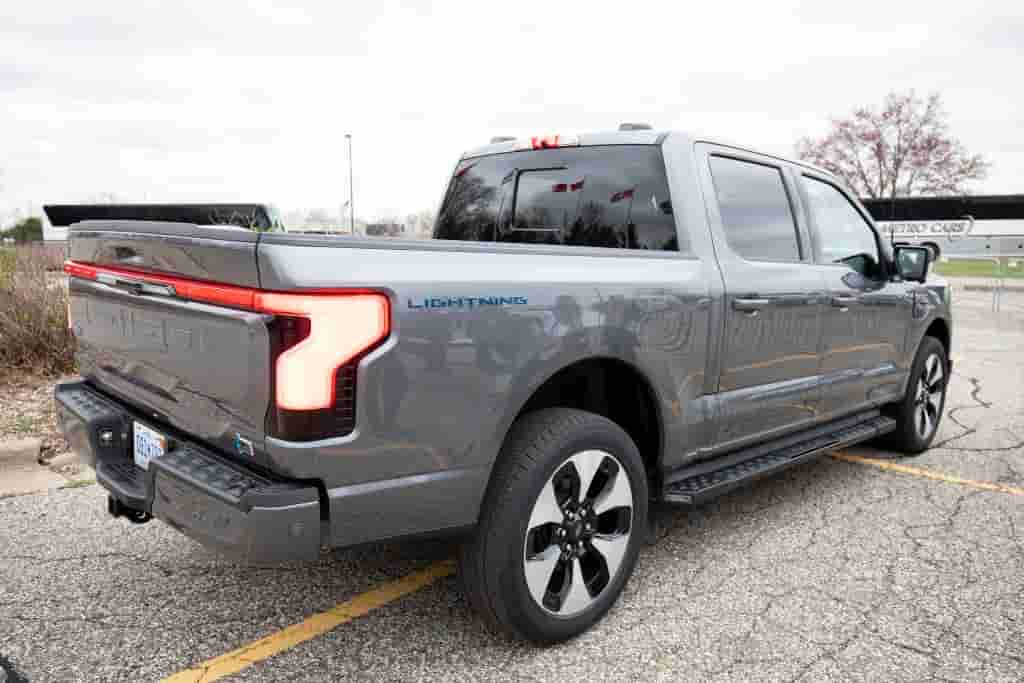Marines are frequently entrusted with driving the nearly nine-hour distance to Camp Lejeune in North Carolina from a tiny facility in southwest Georgia. The journey, which covers around 520 miles and is primarily on highways, is ordinary enough. Even a brand-new Ford F-150 can finish it off with just one tank of petrol. However, Marine Corps Logistics Base Albany is not your typical military installation. Having reached carbon neutrality through solar panels and other alternative sources, it is the greenest facility in the US military. The base is electrifying a large portion of its fleet of vehicles as part of its effort to become green, including a brand-new F-150 Lightning, Ford’s electric vehicle – truck.

Concerns Mount Over Electric Vehicle Charging Efficiency for Military Fleet Transition
However, not all of the Marines stationed at the facility support the initiative. Some have expressed worries that if they travel back and forth to Camp Lejeune in an electric car, charging issues may render a simple trip into a logistical nightmare.
According to a Washington Free Beacon investigation, which used a well-known electric car trip planning website to map the necessary charging stops when making the drive in the base’s electric truck, that concern is warranted. If the public charging outlets strewn between the Albany base and Camp Lejeune truly function, these pauses lengthen each leg of the journey by at least three hours. frequently don’t. The typically nine-hour journey takes an electric truck at least 12 hours, if not much more.
The Biden administration is continuing with plans to mandate that the U.S. military adopt an all-electric vehicle fleet by 2030 despite the inefficiencies involved with electric vehicle charging, particularly during lengthy road journeys. In a previous statement, President Joe Biden stated that his government is “investing billions of dollars” to “begin the process wherein every vehicle in the United States military, every vehicle, would be climate-friendly. I mean every car. When asked about this “process” at a Senate hearing, Energy Secretary Jennifer Granholm responded in favour of the military’s deployment of a “EV fleet.”
Debate Rages Over Military’s Transition to Electric Vehicles
The administration’s plans to promote electric vehicles have received support from some military figures. Former Deputy Assistant Secretary of Defence for Environment and Energy Resilience Richard Kidd told the Washington Post that cutting greenhouse gas emissions increases military “resilience.” The logistical difficulties that come with using electric vehicles abroad, in contrast to the charging infrastructure problems in the United States, according to numerous conservative politicians and experts who have served in the military.
Matt Pottinger, a former Marine Corps officer and deputy national security adviser, claimed that when travelling across Afghanistan, he “encountered a lot of IEDs on dirt roads, but no charging stations.” Jim Banks, a Republican congressman from Indiana who served in Afghanistan, concurs. Last month, Banks presented a bill to stop the Department of Defence from purchasing electric cars, which he dubbed “the stupidest idea any American president has ever had.”
Banks declared in May that “Joe Biden’s EV mandate is political theatre and a sham.” But there is no doubt whatsoever that it would harm our military.
















